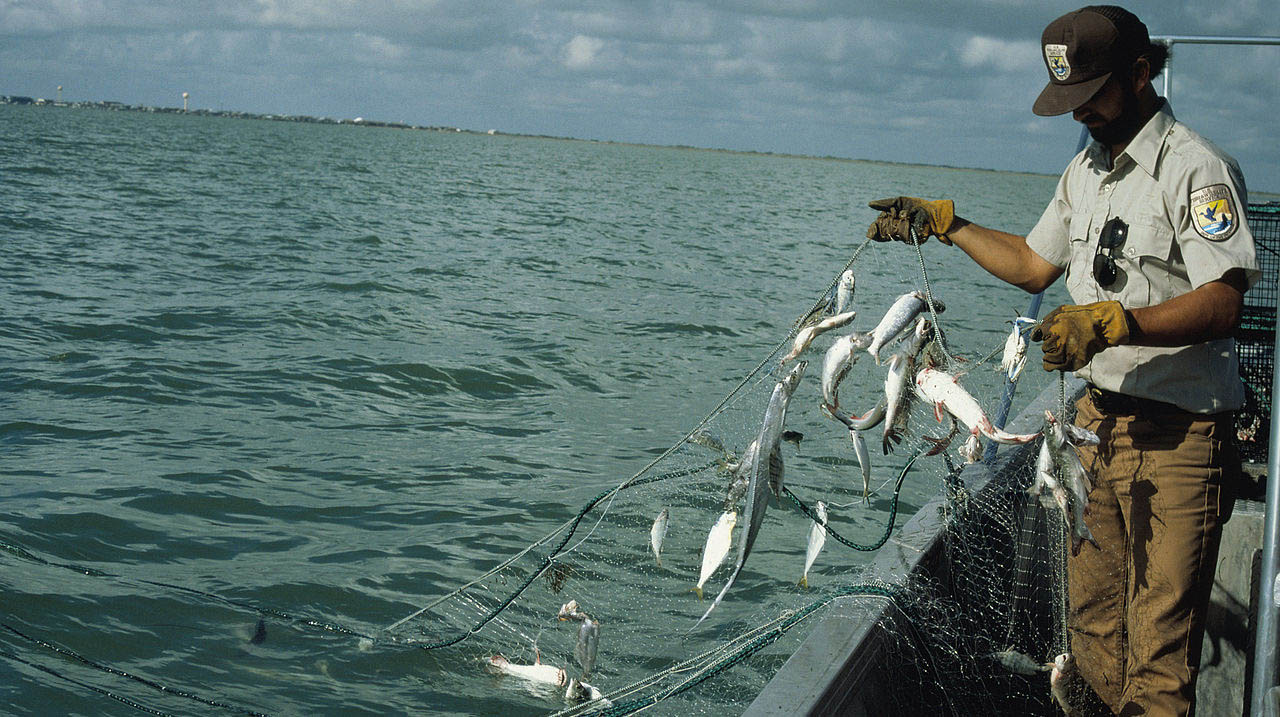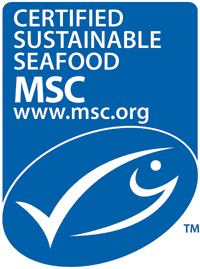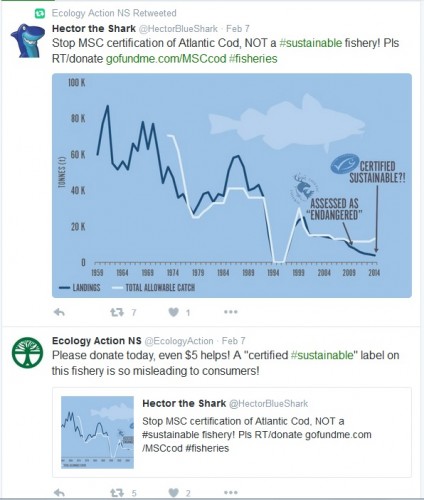Fisheries
Halifax environmentalists go to London to protect Atlantic cod
A hearing on Thursday in London could shape the fish’s future

caption
Atlantic cod fisheries have a long history in Newfoundland and Labrador

caption
Atlantic cod fisheries have a long history in Newfoundland and Labrador.Members of Halifax’s Ecology Action Centre were in London, England today arguing for the continuation of a section of cod fishery in southern Newfoundland.
The fishery has been the subject of an initiative led by the World Wildlife Fund to assess the state of the region’s Atlantic cod fisheries.
The section in question is known as 3Ps, as designated by the Northwest Atlantic Fisheries Organization.
The fisheries are now being considered for certification by the Marine Stewardship Council, an international organization that sets standards for sustainable fishing.
The certification would be the first of its kind for Canada’s Atlantic cod.
Last November, the Ecology Action Centre filed a notice of objection to the certification.

caption
The Marine Stewardship Council’s ecolabel, found on all certified sustainable seafood.“Our main reason for supporting the Ecology Action Centre,” says Scott Wallace, senior research scientist for the David Suzuki Foundation, “is that Atlantic cod fits the scientific criteria as endangered, and we feel it is too premature for certification at this time.”
Wallace represents SeaChoice, an organization supporting sustainable fisheries and aquaculture with the Suzuki Foundation. The Ecology Action Centre is one of four member groups that make up SeaChoice.
In 2010, the Newfoundland and Labrador stock of Atlantic cod as a whole was considered to be endangered by the Committee on the Status of Endangered Wildlife in Canada, but is still not included in the federal government’s Species at Risk Act. The committee said the southern Atlantic cod population had fallen as much as 90 per cent in three generations.
Atlantic cod was overfished from the ‘60s to the ‘80s, leading to it nearly becoming extinct. In 1992, the federal government put a stop to the northern Atlantic cod fishery. Since 1997, there has been a small commercial fishery in the 3Ps region in southern Newfoundland.
“We agree with the Ecology Action Centre that there are uncertainties in 3Ps cod stock,” says Bettina Saier, the vice president of WWF-Canada’s oceans program. But she argues the MSC assessment addresses the uncertainties through nine conditions to improve the fishery.
“The certification will help keep pressure on [Canada’s department of Fisheries and Oceans] and the industry to meet its standard,” says Saier.
Saier says the WWF acknowledges the issues that the Ecology Action Centre has with the certification, but adds that the 2010 COSEWIC assessment is out of date. Since 2010, the Department of Fisheries and Oceans have looked at individual fisheries and the 3Ps region specifically has shown considerable growth and is not at risk of extinction.
The Ecology Action Centre declined to comment on the matter, preferring to wait until a final decision has been made.
[media-credit name=”@EcologyAction” align=”alignright” width=”378″] [/media-credit]
[/media-credit]
A GoFundMe page was opened on Feb. 2 to help raise funds for the cost of the trip.
An independent party will issue a ruling on the matter early next week.
“Atlantic cod have historically had it worst out of any Canadian fish,” says Wallace. “I mean, if this counts for certification, then what doesn’t?”
Correction:
About the author

Mat Wilush
Mat Wilush is a gangly and bespectacled journalist living in Halifax.